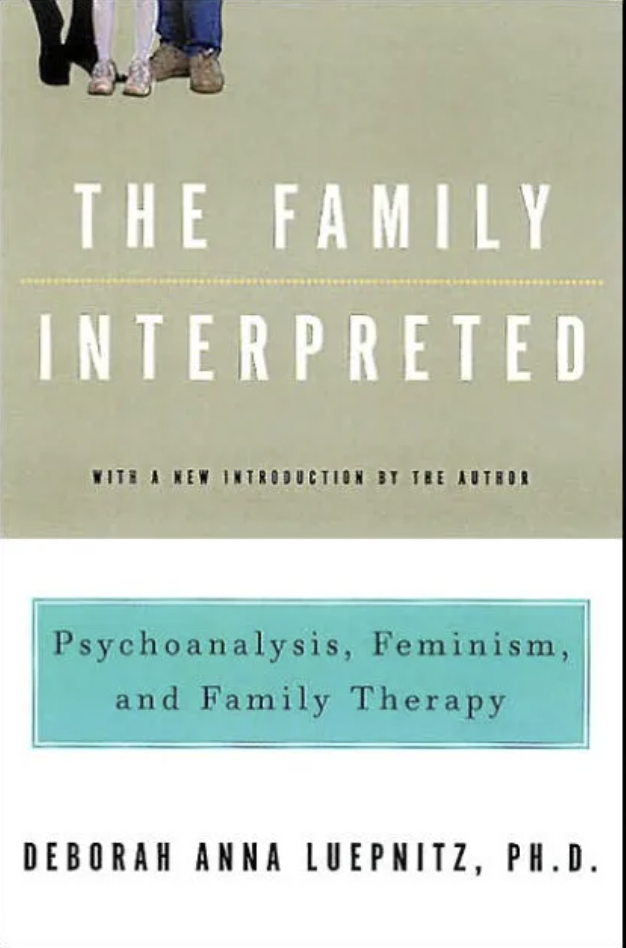PUBLISHED ARTICLES
-
Engaging Aging: Clinical Considerations of Late Life Paradoxes
2025, By Debra Kram-Fernandez, Ph. D., LCSW and Lela Zaphiropoulos, LCSW
This article is Part I of a four-part series based on our work over the past three years facilitating Engaging Aging workshops for clinicians. Subsequent articles are entitled: Attuned Aging and the Medicalization of Getting Old, Transference and Countertransference in Working with Older Adults, and Aging and Identity: Continuity, Change, and Cultural Construction. We begin this series with a focus on older adults as a new demographic and share current statistics. We then explore cultural parameters, societal mandates, and the tensions or dialectics one then must negotiate as one enters later life
-
STRUCTURAL RACISM CONSIDERED: THE WOMEN’S THERAPY CENTRE
2020, Joanne Clark, LCSW
Psychoanalytic training institutes are not exempt from being part of structural racism, that is, the ways society at large has been developed to uphold and maintain White supremacy using social, cultural, and political insti- tutions. Ibrahim X. Kendi’s tome, Stamped from the Beginning: The Definitive History of Racist Ideas in America, outlines how racist ideas have proliferated throughout the history of the United States to ensure structural inequality. Psychoanalytic training institutes are not exempt from being part of this struc- tural racism. Such racism can be seen in a number of ways, including who ori- ginated and runs the institute, the location, tuition, supervision, and other ways in which exclusivity is systemic. I will examine these areas as they are reflected at The Women’s Therapy Centre Institute in New York City.
-
RELATIONAL PSYCHOANALYSIS AND FEMINISM: A CROSSING OF HISTORICAL PATHS
2003, Luise Eichenbaum and Susie Orbach
This paper examines the impact on and interaction between feminism and psychoanalysis over the last 30 years, including the contribution of its authors. It argues that the rise of the relational approach in psychoanalysis corresponds to, and in part stems from, a feminist vision. Gender-conscious psychoanalysis demands a change from a unilateral, analyst-centred, patient-as-object reality to a therapeutic encounter of a mutual reality co-created between two emerging subjectivities, analyst and analysand, in ways that parallel feminism’s transformation of and critique of the univocal, male-centred worldview to bring in the voices of the marginalized. The relational approach to psychoanalysis allows fixed categories of gender to open up, and supports creative use of the analyst’s subjectivity. The struggle to be connected and yet autonomous in the analytic relationship offers a possible model for relationships in society in general.
OUR BOOKS
-

THE FAMILY INTERPRETED: PSYCHOANALYSIS, FEMINISM AND FAMILY THERAPY, 2nd edition
Deborah Luepnitz
Basic Books, 1985, 1992, 2002, hardcover